Explore the charming old town with its baroque squares and fountains, elegant old houses, historic churches and colourful daily markets and then stroll around the bustling city square marvelling at the magnificent Italianate 17th century Hôtel de Ville and the magnificent wrought ironwork and clock tower with its belfry, sundial and astrological clock before enjoying a well-earned chilled beer at one of the many cheerful cafés lining the cobbles; laze away a quiet sunny afternoon on your sun-soaked terrace with fabulous views of the city and then enjoy a relaxed dinner of ‘soupe au pistou’ (a soup made of olive oil, garlic and basil), followed by a traditional ‘daube provençal’ all washed down with the local wine; take a trip out to ‘Le Terrain des Peintres’ – a gorgeous park with views of the mount Saint Victoire and the inspiration for many of Cézanne’s works and now for local artists – and enjoy a picnic whilst drinking in the breath taking views. Located in deepest southern France, the small, classically Provençal city of Aix-en-Provence is the birthplace of Cézanne. With good airport links to both Marseille and Nice and an excellent high speed train link to the rest of France, Aix-en-Provence property offers investors an excellent opportunity to own or rent property in this beautiful region of France.
Aix-en-Provence is classy and wealthy with a rich cultural traditional going back to the 15th century when it was King René’s Provençal capital, bringing in artists, lawyers and nobles, more recently Emile Zola and more famously Paul Cézanne who was born and brought up in the town. There is lots to see and do in Aix-en-Provence. A gentle morning stroll along the Cours Mirabeau – southern France’s stateliest avenue – lined with plane trees, dotted with fountains and edged with elegant classical town houses and civilised little cafés or a visit to the town’s lovely Cathédrale Saint-Sauveur d’Aix-en-Provence with Gothic and Neo-gothic influenced architecture and Roman columns where you can sit in peace and quiet to marvel at the beautiful artwork, intricately carved doors or simply listen to the music from the organ. For culture enthusiasts there are museums and art galleries including the Musée Granet; first opened in 1838, this classic museum houses an eclectic selection of over 12,000 works, featuring a neoclassical sculpture collection, an American exhibition with pop art works, and original pieces from Paul Cézanne and Picasso.
There is a good choice of Aix-en-Provence property on the market ranging from traditional Provençal town houses and luxury villas to both renovated and modern apartments. Aix-en-Provence property prices remain high compared to the rest of South West France and are likely to remain so as demand for Aix-en-Provence property is also very healthy as the excellent year round rental opportunities are proving to be increasingly attractive to international investors.
Two bedroom apartments near the city centre typically start at around 350,000 EUR rising to between 500,000 EUR and 650,000 EUR for three bedroom properties with good sized terraces offering fabulous city views. Townhouses typically start at around 700,000 EUR depending on the location and villas at around 750,000 EUR with the latter tending to be on the outskirts of the city with some in residential communities. There is a good range of properties starting at 1m EUR; for example you can find either a five bedroom renovated farmhouse with landscaped gardens, huge patio and swimming pool and just ten minutes from the city centre or a beautifully restored four bedroom 19th century town house right in the historic centre for around 1.2m EUR – 1.5m EUR.
Whether you decide to buy an elegant apartment with city views, a restored town house in the middle of the historic centre or a luxury villa in the surrounding countryside, Aix-en-Provence property provides investors with the perfect opportunity to buy property in an area rich in history and culture. The combination of a good wine, fabulous food and a relaxed approach to life makes Aix-en-Provence a perfect holiday and property investment destination.
1. Signing the Agreement (Compris)
On finding a property you wish to purchase you will need to negotiate the terms, price and conditions of the sale with the owner.
The next step, once you are in agreement, is to sign the preliminary contract (Compromis de Vente). This is a legal document and after ten days will be binding on both parties. Rules change frequently in France and it is best to consult with your notary about when this period starts. Generally the compris will be signed in France with the Agent.
Variants can be included in the compris, for example an Acte (clause) can be added if the name or names to go on the title deed have not been finalised. If a mortgage will be required to purchase the property, the details for this, including the name of the mortgage company, must be on the compris.
2. Paying the Deposit
Generally the deposit will be 10% of the agreed purchase price. This will normally be paid to the notaire. There are exceptions to this, if the agent holds a carte professionelle, is bonded and fully registered then you may pay them, but do not hand over the deposit to anyone else. If for some reason the purchase does not go through, for example, if you write to the notaire and the agent that you do not wish to go continue with the purchase before the contract is binding (within seven days of signing the compris), then your deposit would be repaid. This would also apply if a condition had not been met, or the mayor or S.A.F.E.R. (a government agency that has the right of first purchase on most rural property that comes onto the market in France) could oblige the purchaser to give way. If you decide after the seven days 'cooling off' period that you do not wish to complete the purchase and pull out of the sale you would lose your deposit. If however the vendor pulls out of the sale then you will receive your deposit back plus the same amount from the vendor.
3. On Completion
Generally it will take around two or three months to complete the purchase.
During this time the balance of the purchase money must be paid into the account of the notaire, this must be done well ahead of the completion date. The notaire will prepare the documents, check that the deed of sale (Acte de Vente) is in order and have the legal title ready to be signed over. It is possible to have someone sign on your behalf if you give them power of attorney. An interpreter may be of use at this point if your French is not very good and many Notaires will suggest (or insist) that an interpreter is with you.
IMPORTANT - Disclaimer :
All information provided is believed to be current and provided free of charge. No liability can be accepted for the reliability of the information and statements made as this is obtained from 3rd parties. We always recommend you take legal advice from a fully qualified Lawyer or Notary before buying a property overseas.
Close
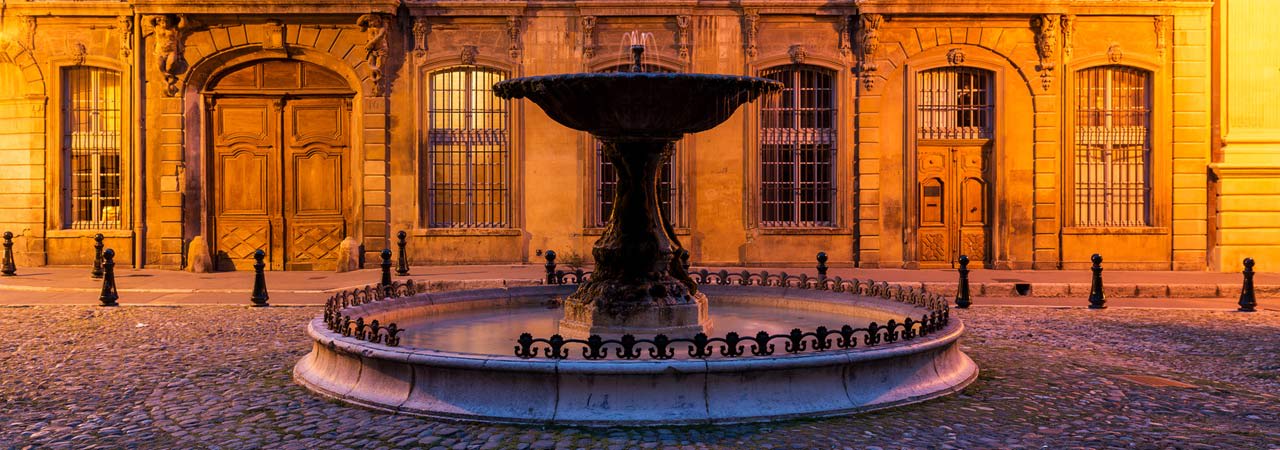


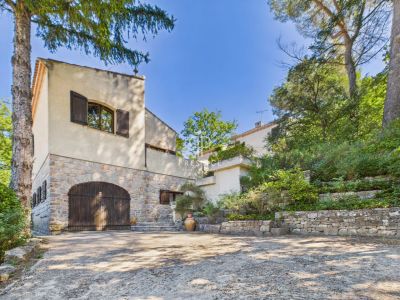
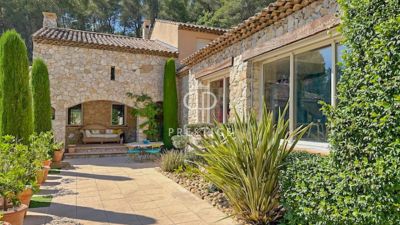
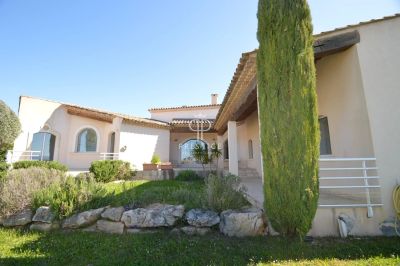
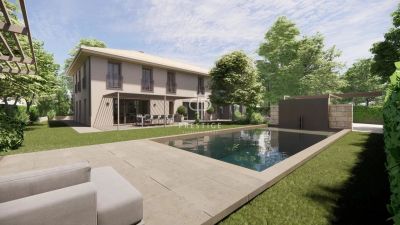
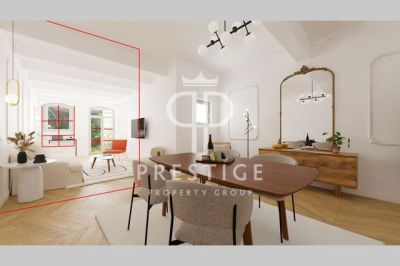


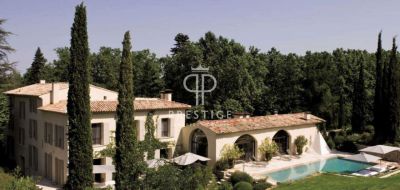


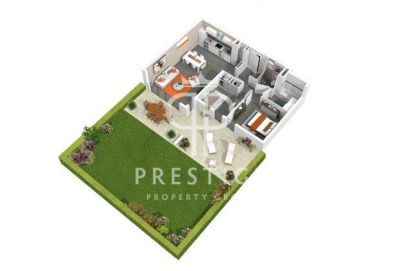
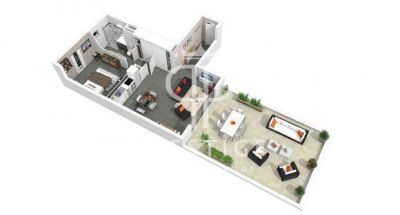
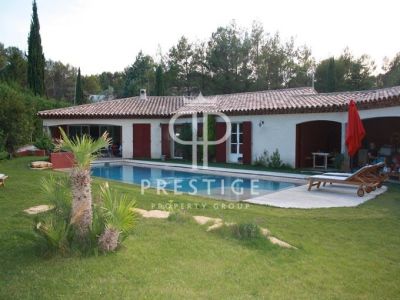



 Facebook
Facebook Twitter
Twitter Instagram
Instagram